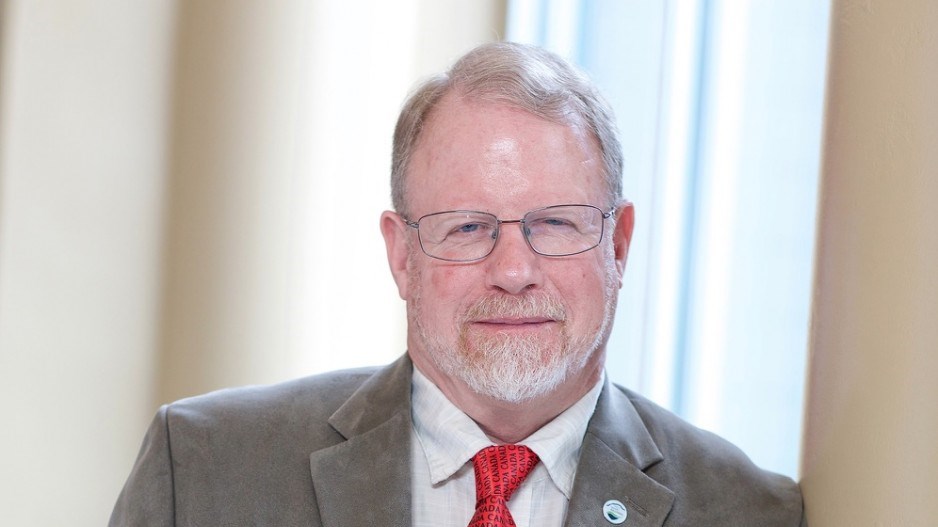Municipal councils across B.C. are pressing the provincial government to scrap its proposed speculation tax on second homes over fears the levy will harm their economies.
The Regional District of Nanaimo was among the first to raise the alarm when its board of directors unanimously agreed March 13 to formally object to the speculation tax.
West Kelowna council, the same day, voted unanimously to seek an exemption from the proposed tax, and the City of Kelowna followed that up on March 21 by voting to draft a letter to the provincial government to say that it does not want the speculation tax to apply within its borders.
The B.C. government said in its February 20 budget announcement that the tax would be part of a raft of measures aimed at “tackling speculation, curbing demand, increasing housing supply and improving security for renters.”
It dubbed the tax a “speculation tax,” even though it wasn’t aimed at the flipping of homes within a year or two of being bought – a practice that real estate observers usually think of when describing “speculation.”
The tax will start at 0.5% of a property’s assessed value in the 2018 tax year and rise to 2% of a property’s assessed value after that, according to the province. It will be levied on second homes that are not rented, and it will be in the regional districts of Metro Vancouver, the Fraser Valley, Victoria and Nanaimo, and the municipalities of Kelowna and West Kelowna.
The government stipulated that only those who do not pay income taxes in B.C. will be charged the new levy, because income tax credits will be issued to B.C. taxpayers to offset its cost.
Premier John Horgan said March 21 that clarity will come within “days” on whether B.C. residents who pay little or no income tax will have to pay the speculation tax if they have a second home in an affected region. Finance Minister Carole James then announced on March 26 that she would address the matter at 2:30 p.m. (Note: click this link to see an updated story based on that press conference)
That press conference comes because community representatives don’t know what the effect of the new tax will be.
“Because of the confusion with the speculation tax, it’s an unknown,” said Stu Downey, president of the Thetis Island Residents and Ratepayers Association.
Downey lives on Thetis Island, which is just outside the boundary for the Capital Regional District that encompasses the city of Victoria as well as most of the Gulf Islands.
“We don’t know if the provincial government is going to back off and not make the Gulf Islands and all of the Capital Regional District pay for homelessness in downtown Victoria,” he told Business in Vancouver.
Downey said that if the tax is implemented as originally described, many people who have homes on Salt Spring, Mayne or Galiano islands might want to sell their properties and could eye the smaller Thetis Island, which has a population of 370.
“Will there be a fire sale?” he asked. “Some of the properties on the Gulf Islands, especially the seasonal ones, are waterfront or water-view homes and their values are higher than what many full-time residents own.”
Waterfront homes in the Gulf Islands can be priced in the $3 million range if they also have a small marina, he said. That would translate into a $15,000 speculation-tax bill this year, and a $60,000 speculation-tax bill starting in the 2019 tax year.
West Kelowna Mayor Doug Findlater views the proposed tax through a different lens – one of an administrator who wants to improve his community’s infrastructure. His community of about 35,000 people incorporated about 10 years ago because of frustration with the state of local roadways.
“Our roads were let go or not maintained,” Findlater explained. “I call them paved wagon roads.”
Encouraging development has provided a windfall of revenue that Findlater estimates is equivalent to a 2% property tax increase.
“Our strategy has been to work with developers to improve the community, as new development comes with development cost charges,” he told BIV.
Since the B.C. government announced the proposed speculation tax, development in Findlater’s Okanagan community has come to a virtual standstill.
“This was a complete lightning bolt,” he said. “We had no idea at all. This was a shock.”
While mayors have been critiquing the proposed speculation tax, B.C. Liberal housing critic Sam Sullivan told BIV that he believes that the tax is "xenophobic" and is imbued with a tinge of Trumpism.•




